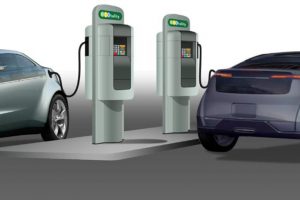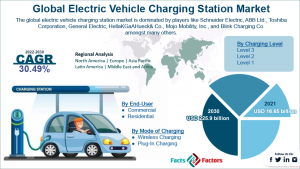Although (BEVs) are growing more popular worldwide, some purchasers are put off by the dangers of fire and rapid degradation associated with EV batteries. As a result, Toyota Motor Corp., a newcomer to the BEV industry, is putting forth utmost effort to make sure that its first mass-market edition, when it goes on sale later this year, is safe and lasts a lot longer than competing competitors.
After instances of fire hazards, Hyundai Motor and General Motors were compelled to withdraw EVs equipped with LG Energy Solution batteries. At a promotional event for the bZ4X SUV prototype, Toyota project manager Masaya Yamamoto stated, “We emphasized optimizing three factors: battery deterioration, charging speed and cruising range.”

BEVs typically take several hours to charge, and fast-charging techniques often cause the battery to overheat, leading to a breakdown. This, in turn, limits the cruising range with time, reducing the worth of a vehicle.
Toyota states that its batteries, designed in partnership with Panasonic Corp, comprise a unique coolant that does not easily carry energy. In addition, battery packs are built to maintain coolant and cells separate in the event of an incident. As per Toyota, this and many other developments ensure that the new BEV class batteries will retain more than 90 percent of the overall energy after a decade.
To address consumer concerns about resale value and battery life in Japan, Toyota is considering supplying EVs only through “membership.” In addition to other advantages, the monthly charge would cover costs of battery replacement and maintenance.
Toyota has stated that the SUV will be available in Japan and other major regions in mid-2022. Toyota has set a target of selling 3.5 million BEVs per year by 2030, thanks to an investment of 8 trillion yen (USD 70 billion) to electrify its vehicles.
The global electric vehicles market in 2019 surpassed USD 140 Billion. The market is expected to grow at a CAGR of more than 22% and is anticipated to reach around USD 700 Billion by 2026.

